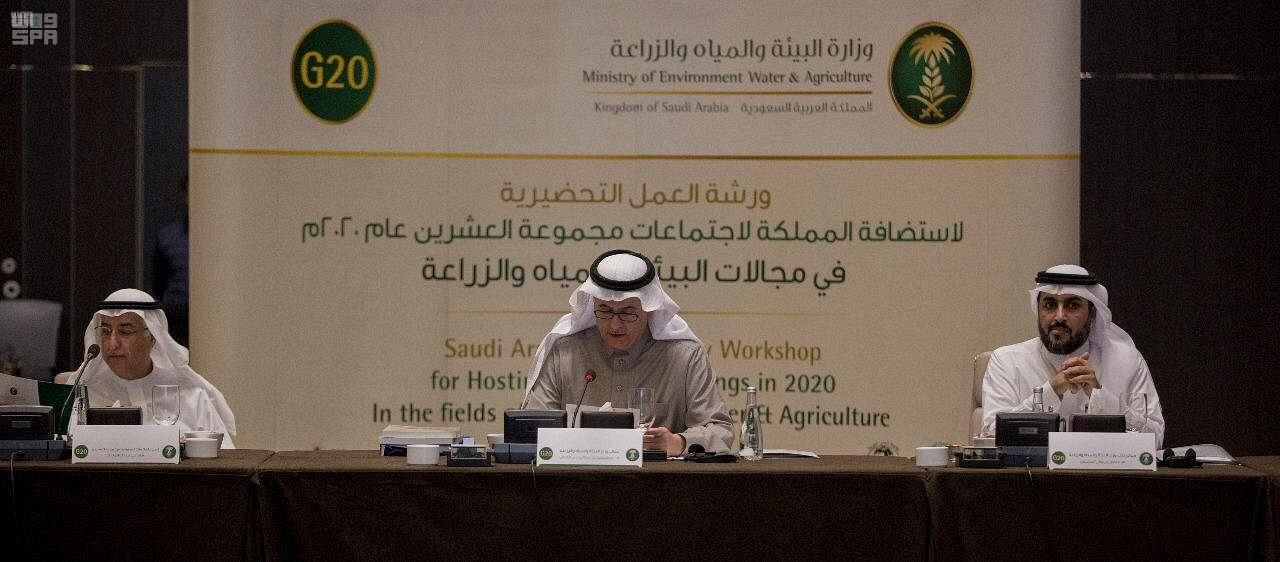
After 27 years of operations, the Ariane 5 rocket launched for its 117th and final mission last week. Despite the retirement of the only European heavy-lift rocket, its anticipated successor, Ariane 6, remains in the latter stages of development and testing. Due to delays, it is not expected to fly until the end of this year and some industry insiders believe its first flight might not happen until 2024. This means that Europe faces months without its own independent and sovereign access to space. This situation highlights the importance of being capable of accessing assets in orbit, especially as telecommunications competition and geopolitical tensions heat up.
The reality is that, even before this last launch, Europe has been dependent on others for its launch capacities. As we analyze the orbital launches for 2023 up to July, the numbers reveal a global landscape dominated by a few key players. The US, with SpaceX as global leader, is responsible for about 40 percent of launches, followed by China with 30 percent and Russia with 15 percent. These three nations have taken center stage, showcasing their prowess. With only two launches, Europe finds itself facing challenges in terms of its launch capacity. Its small percentage of the total launches highlights the challenges it faces in this competitive domain. It also outlines the dependency Europe might face to access its assets in orbit. Clearly, this has serious repercussions for its security and defense satellites.
Factors such as budget constraints, coordination difficulties and regulatory complexities have hindered Europe’s ability to strengthen its launch capabilities. The fragmented nature of the European space sector, with multiple national agencies and varying priorities, has added to the challenges, limiting the collective impact Europe could make in the global space industry. But Europe is addressing these challenges, with the European Space Agency fostering stronger collaboration and coordination among its space agencies, research institutions and private companies.
This all requires choosing missions over nationalistic returns, which is not always easy when spending countries’ public funds. Yet, in the face of extreme global competition, there is a need to pool resources, expertise and infrastructure, which will allow Europe to optimize launch operations, streamline processes and eliminate redundancies. Furthermore, investing in the research and development of advanced propulsion technologies, such as reusable rockets and electric propulsion systems, will enhance efficiency, reduce costs and boost Europe’s competitiveness in the global space market.
One thing is clear, many new companies and startups developing launchers and other projects in Europe have been looking at the US as a case study, as startups there benefit from an agile system. They would like to see Europe adopt the same contracting practices employed by NASA and other institutions. NASA utilizes competitive bidding processes and transparent mechanisms for awarding contracts. This is what empowered SpaceX and its competitors. By fostering a competitive environment, Europe can ensure that the best solutions are selected, while stimulating advancements in space technology. Furthermore, promoting public-private partnerships is crucial for Europe to expand its launch capacity. Europe stands at a critical juncture in its quest for development in the global space domain. By addressing launch capacity challenges through collaboration, investment in advanced propulsion technologies and by following successful contracting practices, Europe will, without any doubt, enhance its position on the international stage. However, this comes at a time when SpaceX has just broken its record of reusability, with 16 launches for the same Falcon rocket. It has the objective of reaching 20. It is also about to launch its long-awaited Starship rocket, which will have a record payload capacity of 150 tons and will set the stage for the next phase of space commercialization, with the empowerment of the Artemis lunar program as well as space factories, in-space logistics and much more.
This situation can also serve as a case study for the Gulf Cooperation Council. In addition to their individual efforts, it is crucial for the GCC countries to collaborate and develop a cohesive regional space strategy. The GCC states should determine what they consider to be strategic and sovereign within their space strategies, while aligning their objectives and pooling resources for collective growth. By identifying common goals and priorities, such as Earth observation, satellite communications or deep space exploration, the GCC can leverage its combined strengths to maximize the benefits of space activities for the entire region.
One key aspect of this strategy should involve the development of common infrastructure and companies. By sharing facilities, the GCC countries can reduce costs and optimize resources. This collaborative approach to infrastructure development will foster a strong regional space ecosystem. Furthermore, the GCC should focus on capacity building and knowledge sharing initiatives to nurture a skilled workforce. By investing in education and training programs, the region can develop a generation of scientists, engineers and technicians with the expertise required for a thriving space industry. Collaborative research projects and technology exchange programs can also accelerate innovation and technological advancements within the Gulf.
By working together, the GCC countries can establish themselves as a formidable force in the global space industry. The determination and development of strategic and sovereign priorities, along with the creation of common infrastructure, will not only drive economic growth and technological innovation but also reinforce the region’s autonomy and self-reliance in the space domain. With Saudi Arabia and the UAE leading the way, the GCC should thus develop a cohesive regional space strategy. Embracing a collaborative approach will make the region a significant player in the global space industry.
• Khaled Abou Zahr is the founder of Barbicane, a space-focused investment syndication platform. He is chief executive of EurabiaMedia and editor of Al-Watan Al-Arabi.












